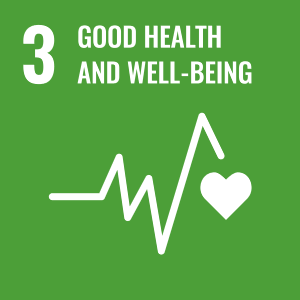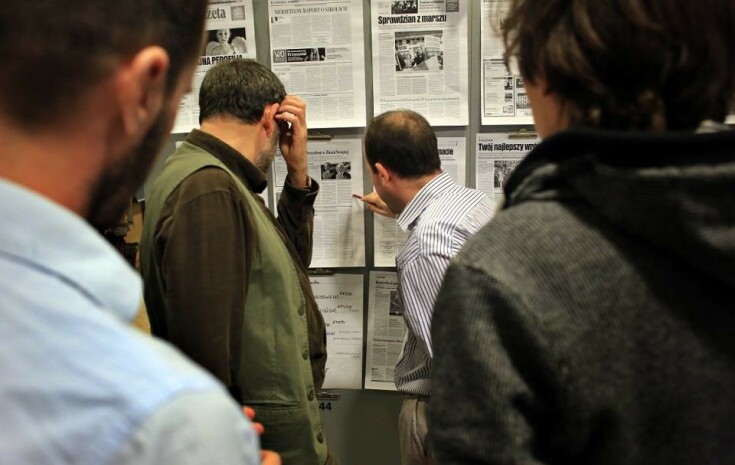
SDG supported: 3. Good health and well-being
The work
Against the backdrop of the coronavirus crisis in Poland, a disturbing underbelly of corruption was unveiled. An investigation by Gazeta Wyborcza, a leading daily published by Agora, shed light on a series of questionable practices within the Health Ministry, revealing the corrupt practice of insider dealing. The investigation revealed a case in which highly priced protective masks, which had counterfeit certificates but failed to meet safety standards, were acquired. The central figure reaping the benefits from this dubious transaction was a ski-instructor who had no previous experience selling medical equipment. The Health Minister’s brother had played the role of middleman and the Deputy Minister of Health finalized the transaction.
The publication additionally unveiled that the Ministry of Health procured 1,200 ventilators for a staggering $63.7 million from a company owned by an arms dealer with no prior involvement in medical equipment and who had been previously blacklisted by the UN for arms trafficking in Africa. Subsequently, it was revealed that the ventilators he supplied were overpriced and, despite the upfront payment, a significant portion failed to be delivered. Moreover, the ventilators that did arrive lacked the necessary approvals.
Impact
- The Health Ministry denied the allegations, saying that all governments worldwide were in a state of urgency to secure safety supplies. The Prosecutor’s Office in Warsaw opened an investigation into mismanagement of public funds in both cases, but then decided to discontinue them, claiming lack of evidence. The opposition attempted to trigger a vote of no-confidence for the Minister of Health through parliament’s health committee but the effort that was thwarted by the governing party. However, as the pressure and controversy continued to escalate, both the Minister and Deputy Minister tendered their resignations.
- After Gazeta Wyborcza’s exposé, the Ministry of Health lodged a formal complaint against the masks’ seller with the Prosecutor’s Office and subsequently pursued reimbursement of the funds. Additionally, the businessman implicated in the ventilator acquisition came under investigation, but he successfully evaded authorities by fleeing the country and later passed away abroad.
- The governing party put forward a legislative proposal aimed at shielding authorities from accountability for unlawful actions linked to the Covid-19 pandemic or other outbreaks of infectious diseases. Concerted action by civil society and activists successfully thwarted this initiative. However, soon after, the ‘Anti-crisis Shield 2.0’ legislation was enacted, providing immunity against white-collar crime and breaches of public finance regulations in relation to purchases related to Covid-19.
- To undermine the investigation into the purchase of the faulty overpriced masks, a tabloid known for its alignment with the ruling party shifted its attention to unearthing the sources for Gazeta Wyborcza’s reporting, while also levelling allegations against the lawyer representing the implicated ski instructor for purportedly divulging confidential information. However, a collection of leaked emails later revealed that it was individuals within the government who had orchestrated the tabloid’s targeted assault
- Gazeta Wyborcza has also faced intense legal harassment by the ruling Law and Justice party and state-owned entities for its reporting on this and other issues of public interest. The publication and its staff are contending with more than 100 lawsuits, which have drained staff time and financial resources.
